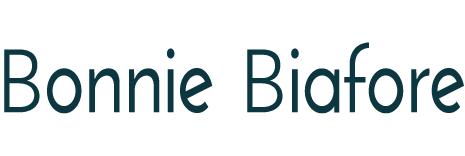Have a big job? Use small projects!
In today’s complex world, projects can become quite large. The problem is large projects are often fraught with issues due to the amount of change they create and the complexity that comes with those changes. Here’s why a series of small projects usually outperform a single large initiative.
- They deliver value earlier. Small projects finish faster, which means the business realizes value sooner. Organizational change also occurs in smaller bites, so stakeholders can digest new ways of working more easily.
- Changes are easier to handle. A series of small projects provides agile-like results. Learning from one project helps the team improve on the next one. Stakeholders learn from using the project’s products, so they create better requirements. And better requirements improve the value the business realizes.
- Key staff members aren’t as much of a bottleneck. Project assignments often take key operational staff away from their day-to-day tasks. Assigning a critical staff member to a two year project is a challenge. Rolling on and off a series of shorter projects is easier to juggle. That way, you can use internal staff instead of expensive contractors. (And contractors don’t know your environment as well, which can lead to poorer project solutions.)
- Small projects are less complex and less risky. Smaller projects mean smaller scope. Less scope means fewer new functions, fewer stakeholders, and fewer team members. All these mean less risk to the business. However, a series of smaller projects does introduce a different risk. Changing business priorities might mean later projects in the series could be cancelled so some of the original scope is lost.
Have you divided a big project into several smaller ones? What worked well? What didn’t? Share your experiences in the comments section.
For more about small projects, check out my Project Management Foundations: Small Projects course.
Coming up:
How do you get better at asking questions? Natalie Nixon has invited me to join her on Wednesday December 14th at 12pm ET to explore what it means for a cognitively and experientially diverse team to be curious and creative and what you, as a leader can do to support that effort.

